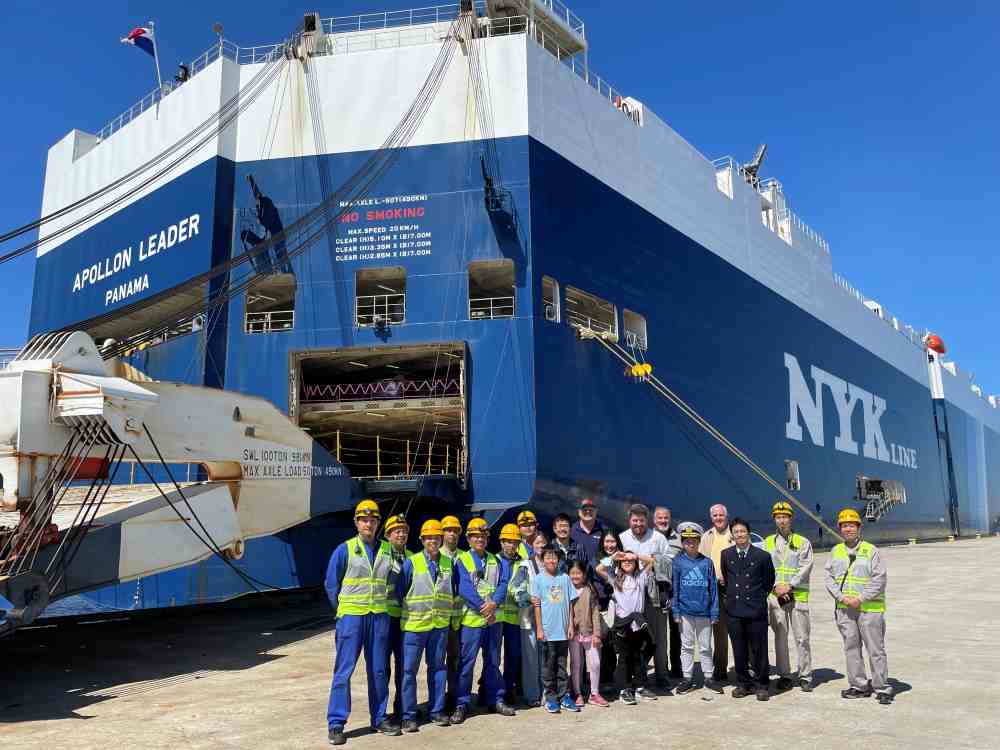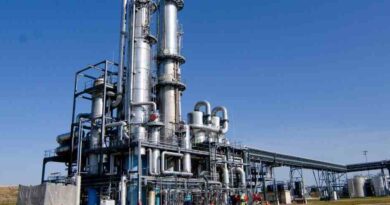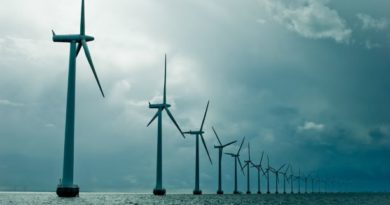Japan’s NYK plans full-scale biofuels trials for ships next year

Japanese shipping giant NYK has revealed plans to initiate extensive trials of long-term biofuel usage in 2024, signaling a commitment to advancing its carbon emissions reduction objectives. Building on prior short-term trials, NYK aims to comprehensively assess the safety and secure procurement of biofuels over extended periods. The initiative seeks to establish a secure navigation system utilizing biofuels and drive further advancements in biofuel development.
During the three-month trial, NYK will consistently employ biofuel across various vessel types, progressively extending the duration of biofuel usage for additional validation. The investigation will delve into the implications of prolonged fuel usage and address issues related to fuel storage, with a particular focus on assessing the quality of biofuels after an extended storage period.
This biofuel testing initiative represents a significant evolution since NYK’s initial trial in 2019, which involved biofuel experimentation on the dry bulk carrier Frontier Sky while docked in Rotterdam. Subsequent trials, including a round trip between Singapore and South Africa aboard the Capesize bulker Friendship, demonstrated that biofuels could achieve a noteworthy 10 percent reduction in CO2 emissions compared to conventional marine fuel.
NYK’s collaboration with Shin-Nippon Kaiyosha, operating tugboats, resulted in the inaugural biofuels test of 100 percent concentration biodiesel on a ship. Commencing in July 2022, navigation trials involving higher concentrations of biodiesel were conducted. The forthcoming trial aims to build upon prior experiences by extending the duration of biofuels usage on ships and expanding the variety and number of vessels involved. This initiative stands as a pivotal component of NYK’s overarching objective to reduce emissions by 45 percent from 2021 levels by 2030.
Recently, another Japanese marine shipping company, Mitsui O.S.K. Lines, announced to launch the country’s inaugural biofuels-hydrogen tourist vessel in 2024 contributing to the broader industry initiative to minimize greenhouse gas emissions.




